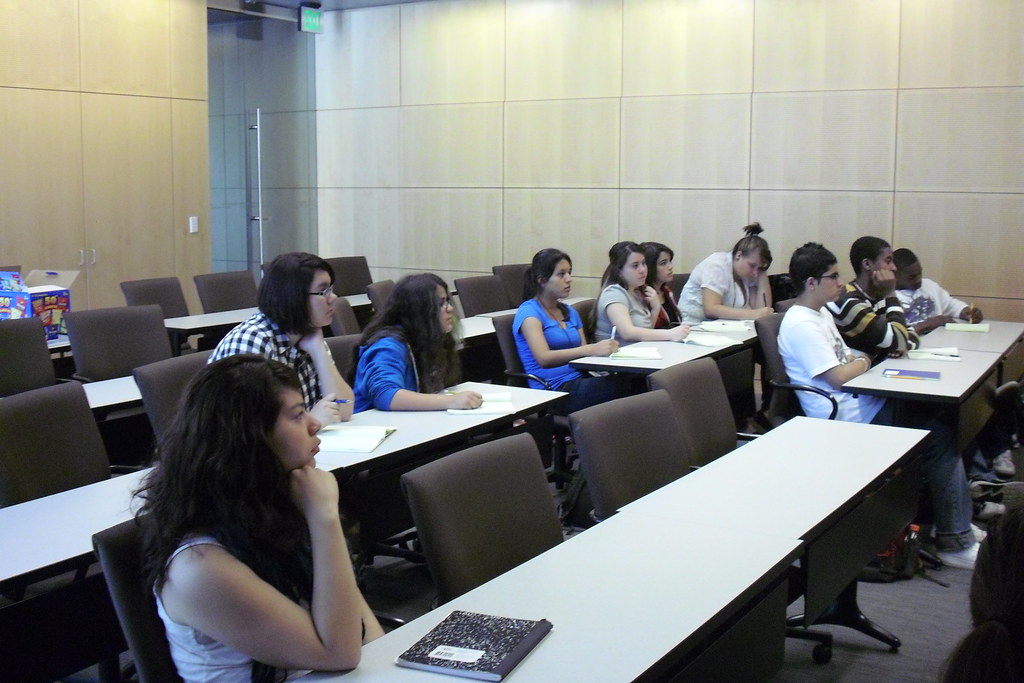Education is an ever-evolving sector, and as we delve into the future, the landscape of educational finances is set to undergo significant transformations. In this article, we will explore the predictions and trends that will shape the future of educational finances.
- Digital Transformation: With the advent of technology, the education sector has seen a massive shift towards digital learning. In the future, this trend is expected to accelerate. Educational institutions will invest more in online platforms, e-learning tools, and virtual classrooms. This shift will not only improve accessibility but also reduce operational costs.
- Personalized Learning: Personalization is the key to effective education, and it’s a trend that’s here to stay. Educational finances will be directed towards creating tailored learning experiences for students. Adaptive learning systems and AI-powered tutors will become commonplace, ensuring that each student gets a personalized education.
- Alternative Funding Models: Traditional sources of funding for education, such as tuition fees and government grants, are facing challenges. In the future, we can expect to see innovative funding models. Income-share agreements (ISAs) and blockchain-based credentialing will offer students new ways to finance their education.
- Globalization of Education: The future will witness a more globalized approach to education. Students from around the world will have access to top-notch courses and institutions, breaking down geographical barriers. This globalization will lead to an influx of international students, creating new revenue streams for educational institutions.
- Emphasis on Financial Literacy: As the importance of financial literacy grows, educational institutions will allocate resources to teach students about money management. This trend will equip graduates with essential skills to navigate the complexities of personal finances and investments.
- Sustainability and Green Finance: Educational institutions will increasingly focus on sustainability. Investments in eco-friendly infrastructure and green finance programs will be prioritized. This aligns with the growing demand for environmentally conscious practices in education.











